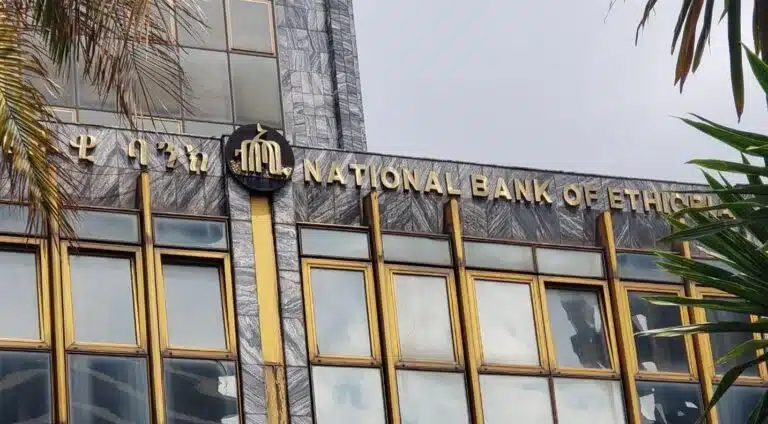The news:
- Ethiopia’s central bank has blacklisted four US-based remittance firms over unauthorised financial operations.
- The banned companies were accused of operating without licences and facilitating illegal cross-border transactions.
- The NBE warned that funds sent through unlicensed channels may be seized or not delivered.
The National Bank of Ethiopia (NBE) has banned four United States-based money transfer companies for allegedly operating without licences and engaging in unauthorised cross-border transactions. The companies affected are Shgey Money Transfer, Adulis Money Transfer, Ramada Pay (Kaah), and TAAJ Money Transfer.
According to the central bank, the companies were involved in suspicious activities, including money laundering. One of the companies, TAAJ Money Transfer, had earlier pleaded guilty in a United States federal court to violating the Bank Secrecy Act. The firm reportedly moved over $66 million without fulfilling mandatory reporting requirements.
In a public advisory, the NBE stated that all international money transfers must go through licensed and regulated financial institutions. The bank also urged US authorities to investigate transactions made through the banned companies, warning that such funds could be seized or may never reach intended recipients.
The advisory also indicated that additional measures may be considered in other regions with large Ethiopian expatriate populations. The NBE said it would continue monitoring the remittance landscape to prevent illicit financial flows and maintain the integrity of the country’s formal financial system.
Ethiopia received more than $4.2 billion in remittances in 2022, representing roughly 5% of its GDP. These funds are essential for both household support and the country’s foreign reserve management.
Disruptions to this flow — whether through sudden bans or broader regulatory shifts — could push users toward informal transfer systems such as Hawala networks, which operate outside official oversight.
While the NBE’s actions are aimed at curbing financial irregularities, they also present challenges for fintech players navigating Ethiopia’s evolving financial landscape, as both local and foreign operators must now balance compliance with service continuity.











